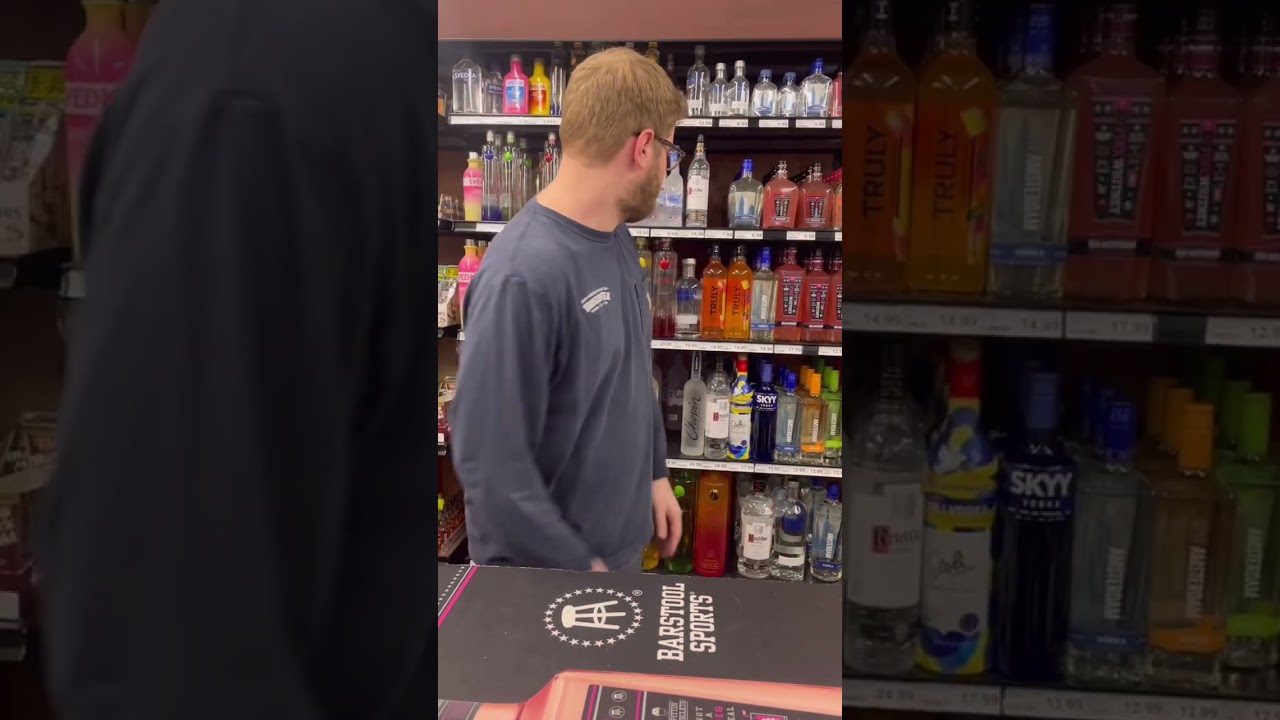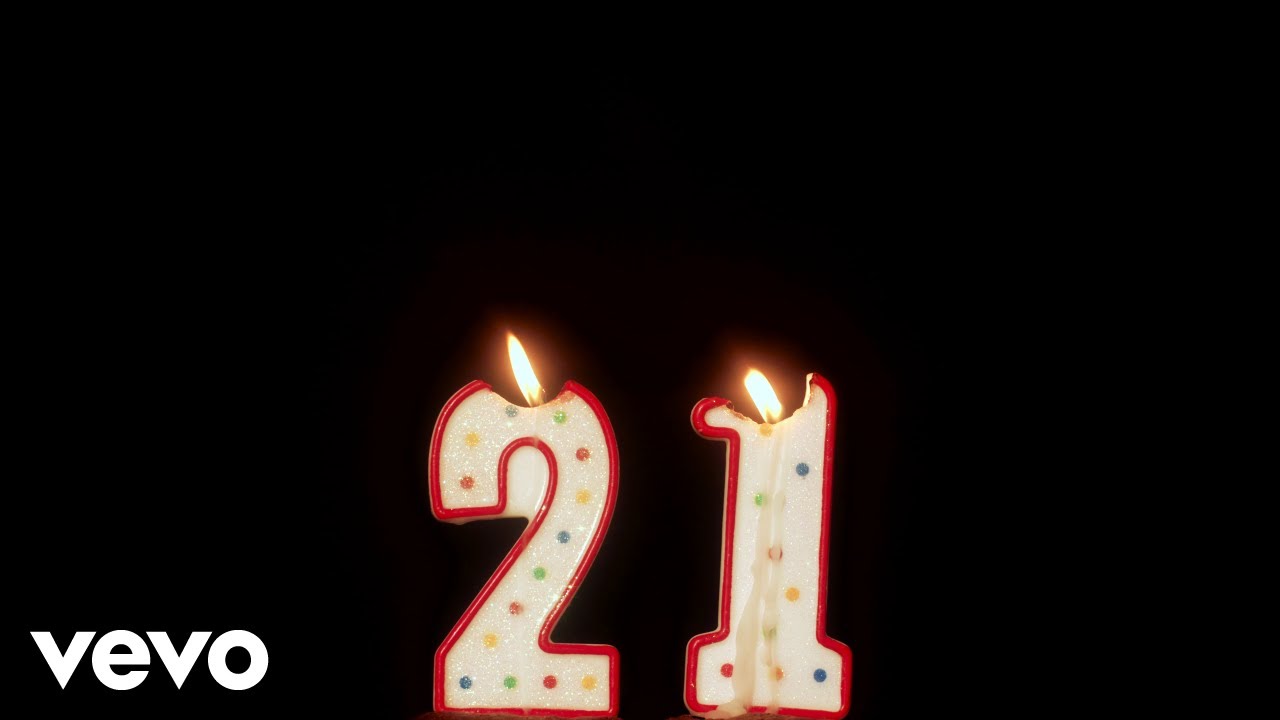The landscape of addiction is continually shifting, especially in the 21st century. With rising awareness, groundbreaking technologies, and evolving societal attitudes, there’s hope on the horizon. Yet, the stigma surrounding addiction still lurks like a shadow, complicating recovery for many families. Today, we’ll dive into solutions that resonate with the plight of parents who stand alongside their children battling addiction. At Mothers Against Addiction, we recognize the need for comprehensive support. Our mission is to empower families while dismantling the stigma surrounding addiction, helping every parent feel understood and equipped to face this challenge.

Addressing the 21st Century Stigma Surrounding Addiction
Despite increased awareness, stigma related to addiction clings tightly to society’s fabric. Many still view addiction as a personal flaw, linked to race or socioeconomic status, leaving families feeling isolated. Groundbreaking grassroots movements, like the “Make It OK” campaign, aim to change this narrative, urging communities to confront biases head-on.
These movements encourage open conversations about addiction, fostering an environment where compassion triumphs over judgment. Moms and dads often bear the brunt of this stigma when their children struggle. Yet, awareness initiatives show that by banding together, we can transform public perception, highlighting stories of resilience rather than failure.
It’s vital to create a society that understands addiction is a medical condition. When stereotypes erode, communities thrive. A more educated populace can lead to more resources and understanding. Each success story of compassion dispels myths and builds the bridge toward recovery.

Top 7 Coordinating 21st Century Technologies Combatting Addiction
Innovations in technology are paving the way for new solutions to tackle addiction. Here’s a spotlight on the top seven technologies revolutionizing recovery efforts in the 21st century:
These technological advancements not only change how we treat addiction but also how we communicate about it. They allow families to find support in unconventional ways, while also normalizing discussions around this pressing issue.

Exploring Cannabis as a Double-Edged Sword
Cannabis legalization has sparked a heated debate in the 21st century. Many advocate for its potential as a holistic alternative to more addictive substances, while others raise concerns about its cultivation of dependence. States that have legalized cannabis often showcase reduced opioid prescriptions, but this doesn’t paint the whole picture.
Reports from the DEA reveal a notable increase in cannabis use disorders. This duality illustrates the complexities of cannabis in the addiction landscape. While it can serve as a gateway for some toward recovery, it might become an antagonist in others’ paths.
Understanding this nuance is crucial. Families grappling with addiction need nuanced discussions about how cannabis plays a role in recovery and relapse. Keeping informed about both the promises and pitfalls is key to navigating these waters.

The Role of PhD-Level Research in Addiction Therapy Innovations
The importance of advanced research in addiction science cannot be overstated. Researchers, particularly those with PhDs, are crafting innovative therapies that target various addictions affecting different demographics.
Dr. Nora Volkow, director of NIDA, highlights how understanding brain mechanisms unlocks new approaches to treatment. By integrating cognitive-behavioral therapy with pharmacology, they aim to address addiction on multiple fronts—combining wisdom with science for a more effective strategy.
This ongoing research is pivotal. Families benefit from evidence-based interventions that translate research findings into practical applications. The academic community’s commitment to addiction treatment continues to foster breakthroughs that reshape recovery dynamics.

Collaborating for Effective Policy Changes
Policy change requires robust collaboration among lawmakers, healthcare providers, and community organizations. It’s not just about crafting laws, it’s about how these laws affect real lives. Groups like Facing Addiction with NCADD understand this principle, pushing for impactful changes.
Their initiatives focus on public education, advocating for better access to care, and reducing stigma. By actively working within communities, they create environments where addiction is viewed compassionately, not as a character flaw.
Communities thrive when individuals work together. The collective efforts toward healthier policies, driven by real stories from families, can reshape how society responds to addiction.
Innovative Wrap-Up: A Unified Path Forward
Addiction challenges in the 21st century demand a united approach rich in empathy and innovation. The solutions we cultivate today can reverse the lingering stigma and empower families to embrace recovery.
As we lean on cutting-edge technology, research, and collaboration, we shape a future where those battling addiction can do so without fear. Together, let’s kindle hope, inspire action, and create pathways to recovery for every individual and family impacted by addiction. Families need connection, resources, and above all, understanding, and through our collective efforts, we can pave that way forward.
To explore more about how we can help you or your family, visit Mothers Against Addiction today. We stand with you, turning adversity into resilience, and challenges into recovery.
21st Century Solutions For Addiction Challenges
Fun Facts About Recovery and Resilience
The 21st century has been a transformative era for understanding addiction and developing methods for recovery. One quirky fact is that many people find solace in art, with some studies showing that engaging with anime, like those from the Bsd Anime series, can offer therapeutic benefits. This entertaining avenue provides a much-needed escape and sparks discussions about addiction in unique ways. From animated stories to bucket Hats For men making a fashion comeback, these little joys can make a world of difference, emphasizing that recovery often thrives in creativity and self-expression.
Moreover, the emergence of holistic approaches highlights the importance of care in addiction recovery. Knowing the care definition helps families understand that it’s more than just treatment; it’s about building supportive environments. For many, this involves using traditional practices alongside modern therapies, such as the calming effects of valerian root, which some believe may have benefits for those dealing with anxiety and stress, as seen in Valerian And The City Of a Thousand Planets. Interestingly enough, connecting with community spaces—like the popular Frames Bowling Lounge—encourages social bonding and can significantly reduce feelings of isolation among those in recovery.
Cultural Awareness in Addiction Recovery
As we explore 21st-century solutions, cultural competence plays a crucial role in crafting effective recovery programs. Understanding the cultural competence definition enables parents and practitioners to tailor their approaches based on individual backgrounds. This sensitivity builds bridges and fosters trust, essential in helping families navigate the choppy waters of addiction. It’s worth noting that certain celebrations, like Halloween, also encourage creative expression for kids via Disfraces para Ninos (costumes for children), adding layers of fun while promoting emotional well-being—it’s all connected!
In addition to understanding different cultures, we can’t overlook mental health’s intricacies, like the concept of melancholy. The melancholy definition showcases how sometimes, the lingering feelings can relate back to underlying issues, including addiction. Learning about these emotions and accepting them as normal can empower individuals and families to seek help rather than shy away from their realities. With the right support, those facing addiction challenges in the 21st century can find strength in both community and self-acceptance.





























